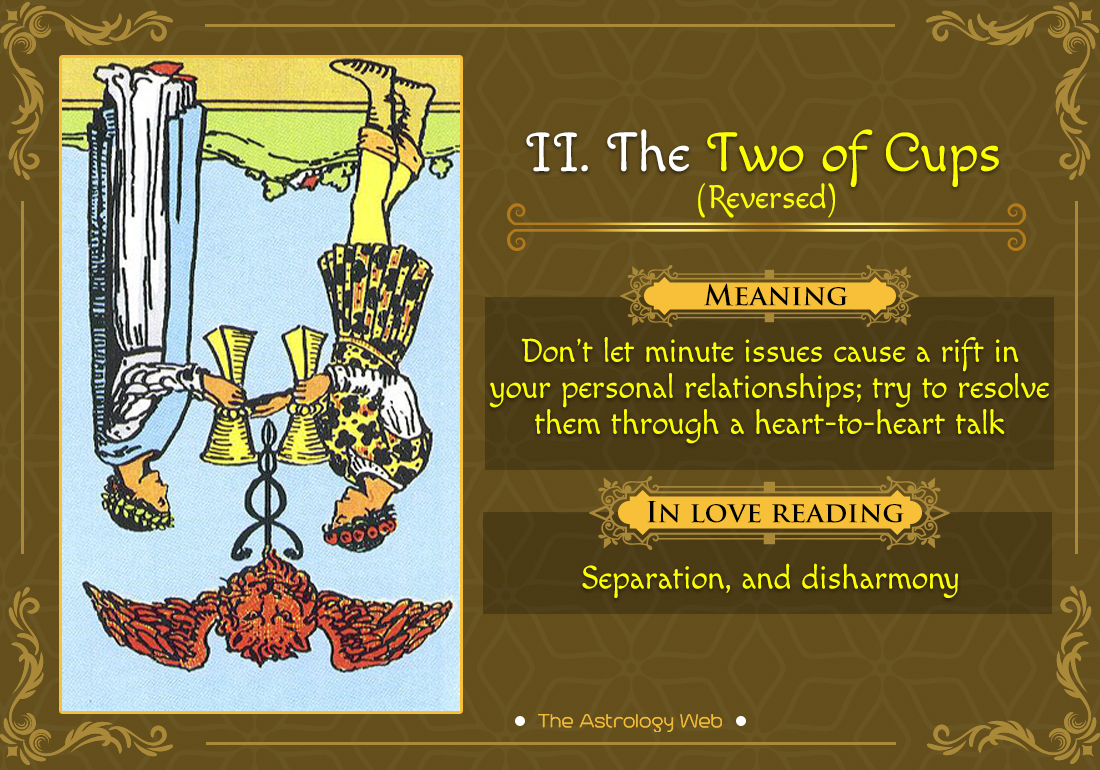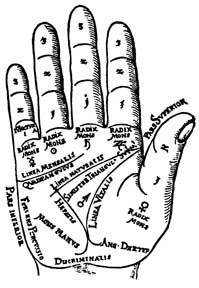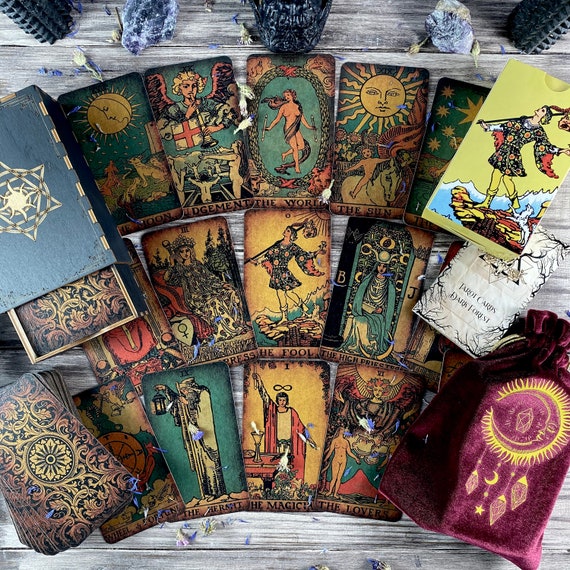
Tarot cards are a centuries-old method of divination. The cards have been a popular tool for providing insight on a variety issues, despite being perceived as frightening or intimidating by most people. It is easy to understand the meanings of the tarot card cards. The suits are where the cards are placed. Each suit has a unique meaning.
For example, the Emperor card is a symbol of authoritative power. The Devil card, on the other hand, encourages one to build strength from within yourself. The Fool card may indicate a childlike curiosity, which could indicate a possible adventure. The Lovers cards indicate a future relationship. It also indicates an important decision.
To draw a spread, the most common way to use Tarot cards is to do so. These cards have 78 cards each, and each card represents a particular situation. These cards can help you describe a situation, predict the future, or give insight about a specific subject. These cards are also great for journaling, therapy, storytelling, and journaling. These cards are also useful for self-discovery.

Tarot cards can also be used to create rituals. One example of a ritual would be the Celtic Cross. This can offer a more detailed perspective on a situation. Tarocchi, the Tarot deck card and game of cards, is another example. These cards are best learned by reading a book and watching a video on youtube.
The cards you place around tarot decks can amplify the effect of the cards you pull. If you feel stuck in a situation, the Ace of Swords card is a great one to pull. It provides mental clarity and confirmation from the universe.
Another card worth noting: the Magician I. This card is a symbol of your spirituality. It also represents your ability and creativity to create the life you desire. It also signifies healing. The Star card, which is a bit more complex than the others, is a good symbol of self-love. It can be used to signify optimism or divine healing.
Another card that deserves some attention is the Tower card. This card can signal a sudden shift in your life or the desire for a new foundation. This could be a sign that you are experiencing a period or epiphanies, or jolting behavior. You may also feel it as a sign of a structural dismantling.

Remember to be open-minded when you read tarot card decks. While you'll be focusing on the most interesting parts of each card, it is also important to consider the cards surrounding it. To understand what the cards are telling, you'll need to use intuition as well as your own thoughts. Another option is to ask an open-ended, meaningful question.
There are many books that can help you to learn how to use tarot card cards. Jessica Dore's Tarot for Change is a great example. Tea uses psychology and her personal experience to explain tarot decks.
FAQ
What are some ideas for hobbies?
Hobby Ideas that are great for people who enjoy teaching others.
Hobbies allow you to enjoy what you love while also learning new things.
Although there are many hobbies to choose from, they all share some common characteristics. These are fun, easy activities that cost little and don't take too much effort.
These include working with others to teach someone how to use an instrument or build an airplane.
Even though you might not think of yourself to be a teacher or a tutor, chances are there are things you can do that could help someone else.
So if you want to be more creative in your life, consider starting a hobby where you can use your skills to help others.
What are educational hobbies, you ask?
An educational hobby involves a sport or other activity where you can learn something from doing it. You could choose to learn how to play an instrument or play sports.
The most important thing is that you find it enjoyable and entertaining. You don't necessarily have to do this all the time. But if it becomes boring, then think about what you could be doing.
These activities can also be costly so make sure you don't spend too much.
What are some free resources I can use to learn more about hobbies
Many websites are dedicated to helping people find new hobbies.
Here are some favorites of ours:
www.trythisathome.com - This site provides a list of over 100 different hobbies. It also provides information on how to get started in each one.
www.hobbyfinders.org - This site offers a database of thousands of activities that you can search by interest, skill level, location, and more.
www.indiebazaar.co.uk - IndieBazaar is an online marketplace designed specifically for independent artists and musicians. The site features hundreds of products ranging from artwork to music gear.
www.pinterest.com/explore/hobbies - Pinterest is a social media network that lets users "pin" images they find interesting onto their boards. Users can organize the things they like in specific categories with boards.
www.reddit.com /r/Hobbies - Reddit is another social media platform that lets users post links to articles, videos, or other types of content. Voting lets users vote for which posts are the most valuable.
What are the chances of making money with my hobby?
Many hobbies can lead to making extra cash.
If you're passionate enough about your hobby, you may decide to sell items related to it.
A website might be a good idea if your hobby is collecting stamps.
This way, you can earn extra income without having to go through the hassle of actually buying and selling the stamps.
Another option is to create a YouTube Channel where you can talk about your hobby.
This allows one to share their passion with others, potentially generating additional revenue through the offering of premium content.
How do I find a hobby that interests me?
At first, it may seem like there is nothing you can do.
You might be thinking "I'm not very creative" or "I am terrible at sports" or even "I don’t know anything”.
You probably have plenty of experience and knowledge to use when you are looking for hobbies.
It's just not something you're aware of.
Take a look at the contents of your home. What amount of stuff do you have?
Do you have any toys from the past?
Maybe you have a collection of books or magazines.
Perhaps you have always wanted to be a chef.
Perhaps you just want to pick up the guitar again.
It doesn't matter what it is, you can probably turn it into a hobby.
Realize that you have many experiences already.
You'll find a hobby that fits your lifestyle once you do.
Why do we have hobbies?
Hobbies are an integral part of our daily lives. They allow us to relax, unwind and think creatively. You can also learn new skills and develop lifelong interests.
Hobbies are a way to find meaning and purpose.
These are a great way for you to have some free time, even if there isn't much else.
They are fun!
You probably don’t have enough time to pursue hobbies.
You have many choices. Perhaps you should get a hobby started today if you don’t already have one.
Statistics
- A new survey by Pew Research Center of teens ages 13 to 17 finds that 36% of girls feel tense or nervous about their day every day; 23% of boys say the same. (pewresearch.org)
- The intensity of the dialogue partners' bond at the end of the forty-five-minute vulnerability interaction was rated as closer than the closest relationship in the lives of 30 percent of similar students. (time.com)
- I am 100% biologically a woman (discover.hubpages.com)
- The Role of the Mind in Sex, Dating, and Love: Men in the “humor” condition received phone numbers from 42.9% of the female participants and were refused 57.1% of the time. (time.com)
- Almost 80% of people claim to have no hobby. (hobbylark.com)
External Links
How To
How to begin gardening
Gardening has been around since the dawn of agriculture. It requires persistence, patience, and determination. The first step in starting your own garden is choosing a location where you want to grow food. You could choose to plant food on a large parcel of land, or in your own backyard. Next, decide what type of plants you want to grow. Do you prefer vegetables or flowers? Some people like to grow herbs and others enjoy raising livestock, such as rabbits. Before you decide on the type of crops you want to plant, it is important to consider the space available. If you live somewhere that has cold winters, it might be a good idea to grow berries or fruits.
After choosing what you want to plant you need to prepare your soil. Soil is essential in determining whether your plants will thrive or fail. High quality soil is rich in organic matter, which feeds your plants' roots. Organic matter is made up of leaves, twigs grass clippings, manure and compost. After you have prepared your soil you must add nutrients. You might need different amounts, depending on the species of plants that you want to grow. You can calculate these values online with a fertilizer calculator. There are many fertilizers to choose from, so it is important that you are familiar with the product you are using.
After you have prepared the soil and added nutrients, it is time to wait for your seeds germination. This process usually takes anywhere from 2 weeks to 3 months, depending on the weather and the temperature in your area. Once the seeds have sprouted you will need to water them often. You can endanger your plants if you water them too often or too little. Make sure to give your plants water at regular times and not overwater. Overwatering your plants can lead to root disease and fungal infections. Remember that plants need less water in the summer than they do in the winter. Also, remember that certain plants need to dry out after watered. For example, tomatoes need to stay slightly moist but not wet. Soggy soil is not a good choice for tomatoes. After plants finish flowering, they need to go dormant. The time when plants stop producing new life and store energy for the next season is called dormancy. Dormancy occurs when the plant stops sending signals that tell its roots to produce food. Throughout this time, plants can store energy. However, the plant will die if temperatures drop below freezing or there is insufficient sunlight.
Living in urban areas may restrict the types of plants you can plant. Concrete sidewalks, roads and buildings are common in urban areas. They block sunlight from reaching the ground. Concrete absorbs light and prevents soil below from getting sufficient sun exposure. Many plants can't thrive in urban environments because they lack sunlight. There are many plants that can survive in urban environments. Many perennials, trees, and shrubs are able to adapt to urban living. In addition, many annuals can be grown indoors in containers. Container gardens allow you to bring fresh greenery into your home year-round regardless of the weather outside.
Now you're ready to plant.